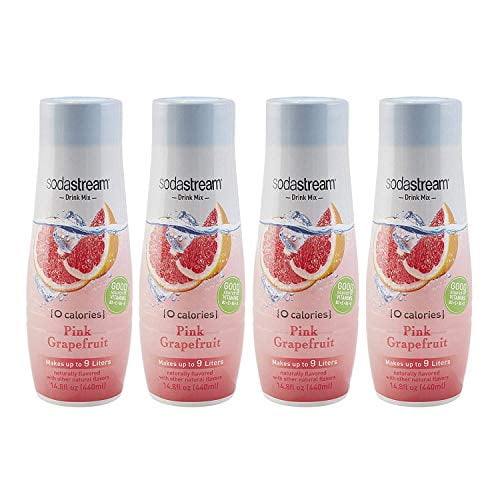

Here's where its reputation drifts into the realm of fable. In the past, grapefruit has been the very symbol of a "diet" food. They might be able to switch your prescription to something unaffected by grapefruit, or even advise you to simply watch the timing of when you eat it. But talk with your pharmacist or health care provider to clarify what's safe. If you enjoy grapefruit or grapefruit juice and take such medications, there's no need to panic, Collins said.

Too much drug increases the risk of side effects too little means the drug may not work as well. Grapefruit and grapefruit juice can cause too much or too little of a drug to stay in the body. It particularly affects certain anti-cholesterol statin drugs, as well as some medicines used to treat high blood pressure, irregular heartbeats and even allergies.

But grapefruit's reputation for interfering with some medications is well-deserved. One cup of red or pink grapefruit sections has as much lycopene as a medium 4-ounce tomato. Pink and red grapefruit are good sources of beta carotene (a source of vitamin A) and lycopene, an antioxidant "cousin" to beta carotene that has been linked to lower stroke risk. Grapefruit also is laden with natural plant compounds called phytochemicals, specifically flavonoids, which studies show can help fight stroke and heart disease. "In addition, it's a reasonable source of potassium," which is important for maintaining healthy blood pressure, said Karen Collins, a registered dietitian in western New York who specializes in cancer prevention and heart health. Department of Agriculture, half a medium grapefruit has only 41 calories and nearly half a day's recommended supply of vitamin C. Some of that reputation is fact, and some is myth.įacts first: According to the U.S.


 0 kommentar(er)
0 kommentar(er)
